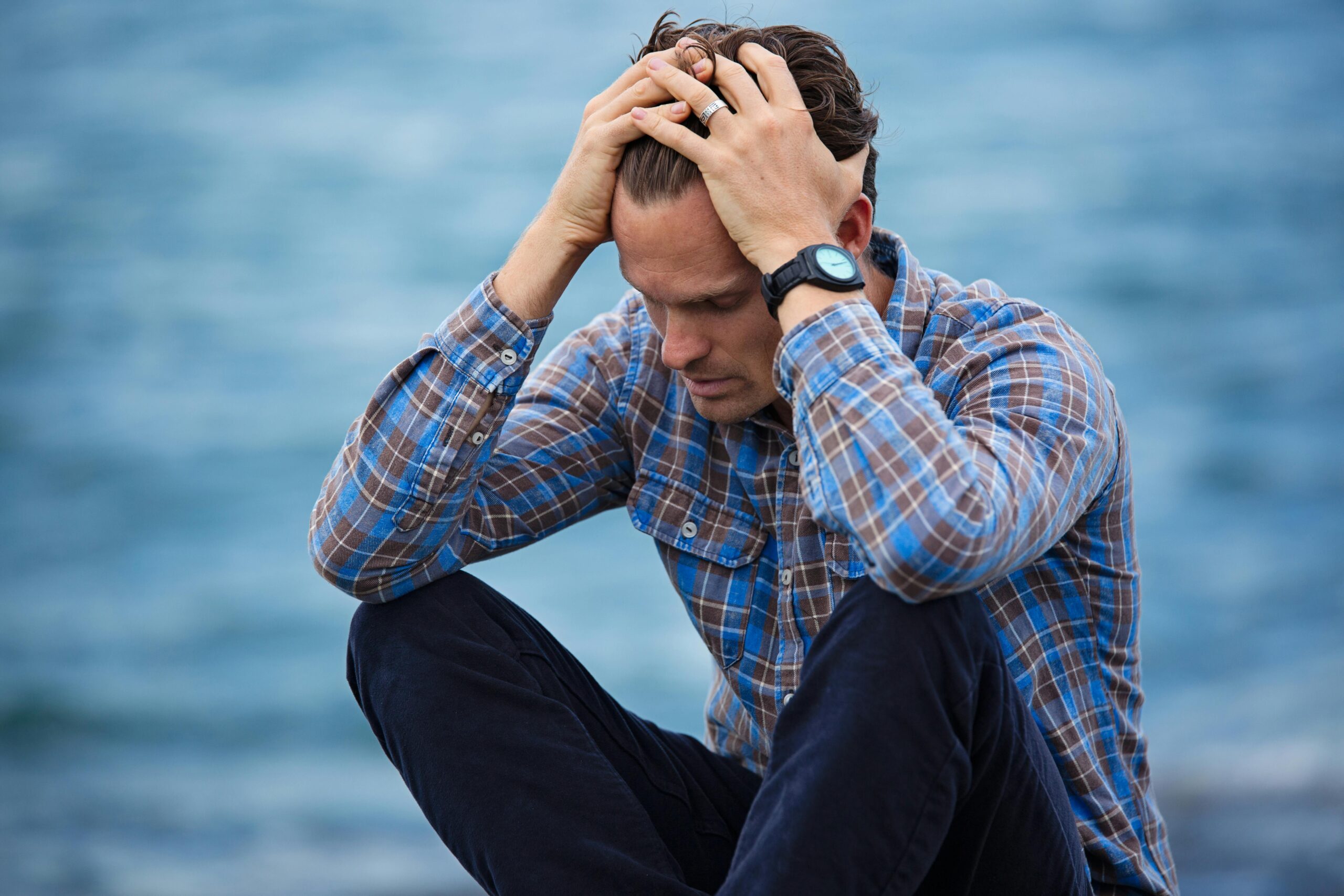Will Depression Ever Go Away?
If you’re experiencing depression, you’ve likely asked yourself, Will depression go away? It’s a common question, and the answer isn’t always that simple. Depression affects millions of people, including many in Edina, MN, where we are based, and can feel overwhelming at times. While depression may not always disappear on its own, effective treatments and coping strategies can significantly reduce symptoms. At IntegroRecovery Clinic, we’re here to provide guidance and support for those facing mental health challenges. This latest blog post will explore how depression works, what recovery can look like, and the best options for treatment.
What Is Depression?
Depression, or major depressive disorder, is more than feeling sad or having a bad day. It’s a medical condition that affects your mood, energy, and ability to function. The Diagnostic and Statistical Manual of Mental Disorders (DSM-5) defines depression by persistent symptoms such as:
- Prolonged sadness or hopelessness.
- Loss of interest in activities once enjoyed.
- Fatigue or lack of energy.
- Sleep disturbances, including insomnia or oversleeping.
- Changes in appetite or weight.
These symptoms must last at least two weeks and interfere with daily life to meet the criteria for clinical depression.
Can Depression Resolve on Its Own?
Mild vs. Severe Depression
Some forms of depression, like mild or situational depression, may improve with time or changes in circumstances. For instance, stress from a temporary situation might lessen, allowing mood to improve naturally. However, moderate to severe depression often requires professional treatment to manage symptoms effectively.
Without help, severe depression can linger or worsen, affecting physical health, relationships, and overall quality of life.
Why Time Alone May Not Heal Depression
Biological factors often play a role in depression. Imbalances in neurotransmitters like serotonin or dopamine can make it difficult for mood to stabilize without intervention. Additionally, chronic stress and past trauma can create lasting changes in brain function, making professional treatment essential.
What Does Recovery Look Like for Depression?
Recovery Doesn’t Mean the Same for Everyone
When people ask, Will depression go away? they often wonder if they’ll ever feel “normal” again. Recovery from depression doesn’t always mean eliminating every symptom, but it does mean improving your ability to manage and reduce them.
- Partial Recovery: Symptoms decrease significantly, allowing for improved daily functioning.
- Full Recovery: No significant depressive symptoms remain, and you can maintain a stable mood.
Factors That Influence Recovery
Several factors can influence how quickly and fully someone recovers from depression:
- Access to Treatment: Therapy, medication, or a combination of both can significantly improve outcomes.
- Support System: Friends, family, and community resources can play a vital role in healing.
- Lifestyle Choices: Regular exercise, a balanced diet, and good sleep hygiene can support recovery.
Effective Treatments for Depression
Psychotherapy
Psychotherapy is often a cornerstone of depression treatment. It helps individuals explore the root causes of their feelings and develop strategies to cope. Two popular methods include:
- Cognitive Behavioral Therapy (CBT): Focuses on changing negative thought patterns.
- Dialectical Behavior Therapy (DBT): Teaches skills for managing intense emotions.
Therapy can be highly effective, particularly when paired with other treatments.
Medication
Antidepressants work by balancing chemicals in the brain that regulate mood. The most common types include:
- SSRIs (Selective Serotonin Reuptake Inhibitors), like Prozac or Zoloft.
- SNRIs (Serotonin-Norepinephrine Reuptake Inhibitors), like Cymbalta or Effexor.
Medications may not work immediately but often help reduce symptoms over several weeks.
Lifestyle Adjustments
Simple lifestyle changes can complement professional treatments. For example:
- Exercise: Boosts endorphins, improving mood.
- Healthy Eating: Foods rich in omega-3s and antioxidants support brain health.
- Mindfulness Practices: Meditation or yoga can reduce stress.
How Does Depression Impact Addiction?
The Connection Between Depression and Substance Use
Depression and addiction often go hand in hand. Individuals may use drugs or alcohol to numb feelings of sadness or hopelessness, creating a cycle of dependency. However, substances can worsen depression over time, increasing the need for comprehensive treatment.
Treating Co-occurring Disorders
At IntegroRecovery Clinic, we specialize in dual-diagnosis treatment, addressing both mental health conditions like depression and substance use disorders simultaneously. Combining therapies ensures better outcomes for long-term recovery.
Local Resources for Depression Treatment
Why Seek Help Locally in Edina, MN?
For those in Edina, MN, IntegroRecovery Clinic offers convenient access to evidence-based treatments for depression. We understand the unique challenges our community faces and provide tailored support for patients navigating mental health and addiction.
Our Approach
- Personalized Treatment Plans: Every patient’s journey is unique, so we customize care to meet individual needs.
- Comprehensive Support: We combine therapy, medication management, and lifestyle guidance to create a holistic approach.
Will Depression Go Away Without Professional Help?
The Importance of Seeking Treatment
While some forms of depression may improve without intervention, many people benefit from professional care. Treatment helps shorten the duration of depressive episodes and prevents relapses. It also provides tools for managing stress and triggers effectively.
Long-Term Management
For some, depression may be a recurring condition. In these cases, maintenance treatments, such as ongoing therapy or medication, can help prevent symptoms from returning.
Steps You Can Take Today for Your Depression
If you’re wondering Will depression go away? take the first step by reaching out for help. Here’s how to get started:
- Schedule an Appointment: Contact a mental health professional, such as those at IntegroRecovery Clinic, to discuss your symptoms.
- Explore Treatment Options: Work with your provider to create a plan that includes therapy, medication, or both.
- Build a Support System: Connect with friends, family, or support groups to stay motivated.
Recovery is possible, and you don’t have to navigate this journey alone.
Hope for a Brighter Future
While depression may not always go away on its own, treatment offers hope for relief and recovery. Whether you’re experiencing mild symptoms or navigating the challenges of co-occurring disorders, help is available. IntegroRecovery Clinic in Edina, MN, provides compassionate, evidence-based care to help you feel like yourself again. Take the first step today—contact us to learn more about our services and begin your journey toward wellness.




Comments are closed